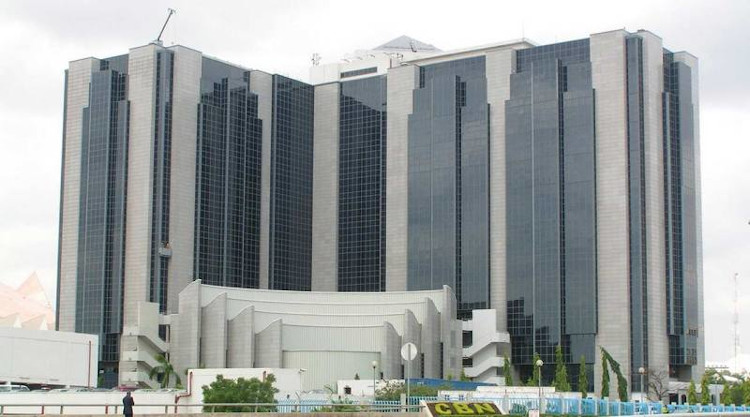Business & Economy
CBN Bans Outbound IMTO Transactions, Limits Inflow Payouts To Naira

The Central Bank of Nigeria has restricted Outbound IMTO Transactions alongside setting limits to Inflow Payouts to be made in Naira.
BrandNewsDay reports that the CBN has restricted the operations of international money transfer operators (IMTOs) to only inbound transfers, stopping outbound transfers.
This implies that IMTOs can no longer facilitate money transfers from Nigeria to other countries, according to the revised guidelines for the operations of IMTOs, which were officially released on January 31, 2024.
It is a notable departure from the 2014 guidelines, which permitted the operators to engage in “allowable inbound and outbound international money transfer transactions.”
Stating the permissible activities of the operators, the new document read: “The permissible activities of International Money Transfer Operators shall include inbound international money transfer transactions only. The transactions shall be limited to the following activities:
“The acceptance of monies to transmit them to persons resident in Nigeria.
“Cross-border personal money transfer services, such as money transfer services towards family maintenance; money transfer services in favour of foreign tourists visiting Nigeria, etc.
“The money transfer services shall target individual customers and the transactions shall be on “person to person”, “business to person” and “business to business” transfer basis which may be reviewed by the CBN from time to time.”
BrandNewsDay Nigeria reports that CBN’s recent decision to restrict IMTOs to inbound transfers only marks a significant shift in the regulatory landscape for foreign exchange and remittance services in Nigeria.
This move could have multiple implications, including potential impacts on Nigeria’s foreign exchange market dynamics and remittance landscape.
Also, IMTOs are barred from purchasing foreign exchange from the domestic market to fulfil their obligations.
This decision could be seen as an attempt by the CBN to manage foreign exchange reserves and stabilize the local currency by limiting the outflow of foreign currency.
It might also enhance the monitoring of international financial transactions and prevent illicit financial flows.
However, this could also lead to specific challenges for individuals and businesses accustomed to IMTOs for outbound transfers, compelling them to seek alternative channels.
CBN limits FX inflow payments to Naira
It appears that the CBN might have placed a ban on dollar and other foreign currency payouts for international transactions, according to the latest guidelines.
This is unlike the previous guidelines, where there was no clear statement on the currency in which the inflow payments should be made.
The new document reads: “All inbound money transfers to Nigeria shall be paid to beneficiaries in Naira through a bank account, or cash.
Proceeds of IMTO more than the equivalent of $200 shall be paid through an account. Cash payments shall be made upon the provision of a satisfactory/acceptable means of identification.
“Where the beneficiary does not have an account with the IMTO agent bank, the agent bank shall credit the beneficiary account in another bank.”
This comes about seven months after the central bank introduced the naira payout option for diaspora remittances.
Before that period, the CBN had released a circular in 2021, stressing that it is a breach of its regulations for diaspora remittance payments to be made in naira.
In the new guidelines, the apex bank noted that the exchange rate for the naira payment shall be at the prevailing rate in the Nigerian Foreign Exchange Market.
This comes barely a week after the naira crashed to a record low of N1,482.57/$ following strong demand on the official market, also known as NAFEM, exceeding the parallel market rates.






